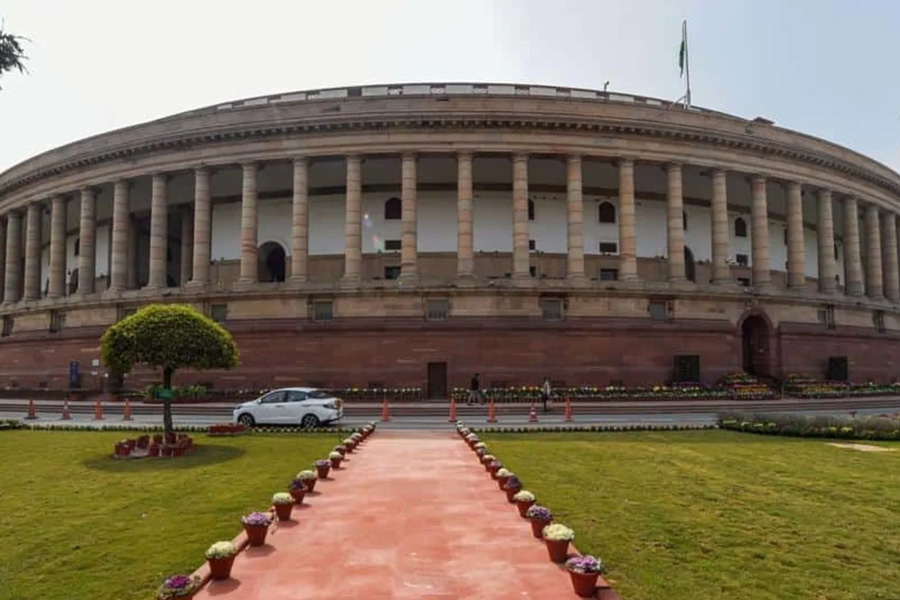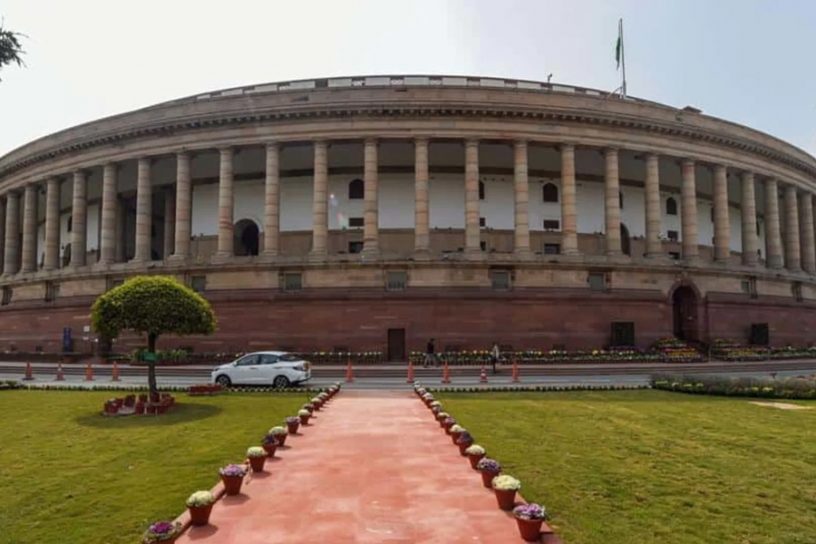
Effective parliamentary supervision will increase the domestic acceptance and legitimacy of international treaties, especially economic agreements, which are often critiqued for imposing undue restraints on India’s economic sovereignty.
Author
Prabhash Ranjan, Professor and Vice Dean, Jindal Global Law School, O.P. Jindal Global University, Sonipat, Haryana, India.
Summary
India is negotiating and signing several free trade agreements (FTAs) with countries like Australia, the UK, Israel, and the EU. While the economic benefits of these FTAs have been studied, there is very little discussion on the lack of parliamentary scrutiny of these treaties.
This gives rise to arguments of democratic deficit in India’s treaty-making process. Given the wide-ranging impact of trade and other economic treaties, the question is: Shouldn’t Parliament exercise some control over the executive’s power to sign international treaties?
In the Constitution, entry 14 of the Union list contains the following item — “entering into treaties and agreements with foreign countries and implementing of treaties, agreements and conventions with foreign countries”. According to Article 246, Parliament has the legislative competence on all matters given in the Union list. Thus, Parliament has the power to legislate on treaties.
This power includes deciding how India will ratify treaties and thus assume international law obligations. This power includes Parliament’s competence to give effect to treaties within the domestic legal regime by enacting laws. Article 253 elucidates that the power of Parliament to implement treaties by enacting domestic laws also extends to topics that are part of the state list.
While Parliament in the last seven decades has passed many laws to implement international legal obligations imposed by different treaties, it is yet to enact a law laying down the processes that India needs to follow before assuming international treaty obligations.
Given this legislative void, and under Article 73(the powers of the Union executive are co-terminus with Parliament), the Centre has been not just negotiating and signing but also ratifying international treaties and assuming international law obligations without much parliamentary oversight.
Published in: The Indian Express
To read the full article, please click here.


